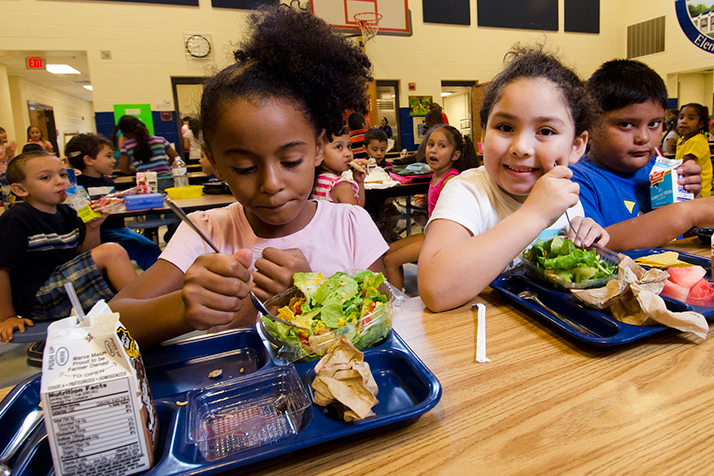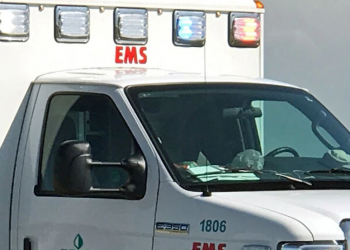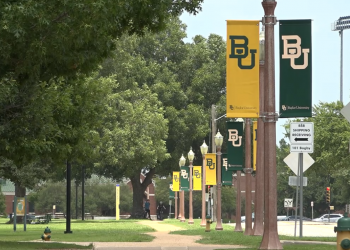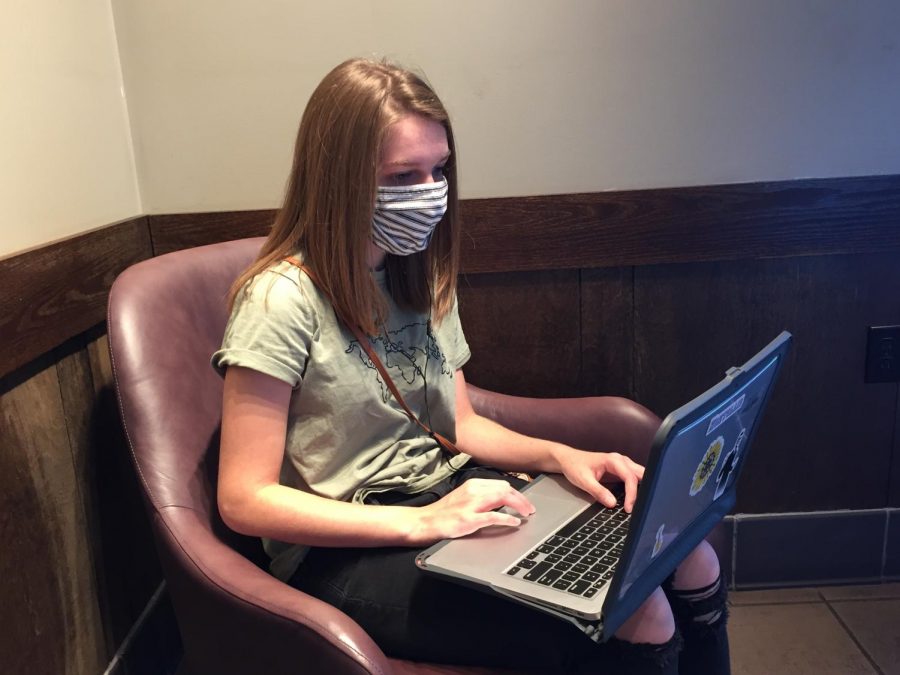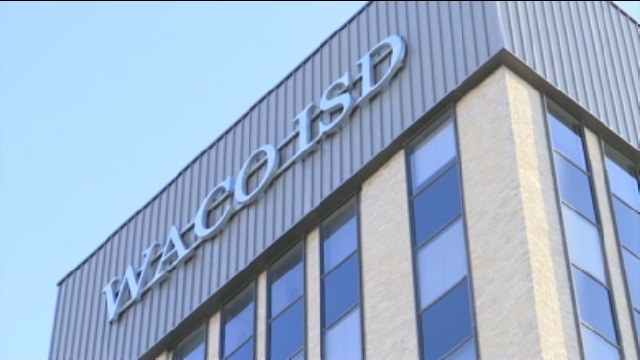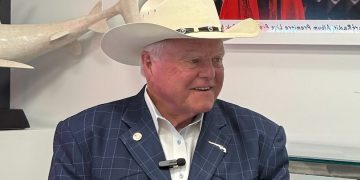WACO, TX – The Baylor University Collaborative on Hunger and Poverty, BCHP, in conjunction with the U.S. Department of Agriculture, USDA, and key public and private organizations, announced that it served more than 38.7 million meals between March and August to more than 270,000 children impacted by the COVID-19 pandemic as part of the Emergency Meals-to-You, eMTY, program.
Locally, more than 239 children were served in the Shawnee Community Unit School District No. 84 region from June through September. A total of 119 households participated in the program.
A total of 1,660 boxes were shipped, with 33,200 meals served.
The Shawnee School District includes parts of Union, Alexander and Jackson counties.
The eMTY initiative was an expansion of a regional pilot program that had previously served Texas households in 2019.
As part of the federal government’s pandemic response, the USDA asked BCHP to exponentially scale its meal delivery work to meet the needs of children in rural areas nationwide.
The collaborative accepted the challenge and called in key public and private partners to assist, ultimately growing the program from its origins of more than 475,000 meals to 4,000 students in Texas only to serving a total of 38,783,700 meals to 270,483 children in 43 of 50 states, Washington, D.C., and Puerto Rico.
Children in some of the most remote areas of the United States received meals, said Jeremy Everett, BCHP executive director.
“In this unprecedented time of so much need, children in rural areas can be among the most vulnerable,” said Jeremy Everett, BCHP executive director.
“Without access to school lunch programs, public transportation and other resources, households in some of the country’s hardest hit communities were left scrambling for ways to replace much needed meal resources. BCHP’s collaboration with the USDA and its partners filled that need for more than 127,700 households nationwide as our meal delivery brought resources right to their front door.”
Everett said building strategic public and private partnerships to tackle hunger is key, and BCHP’s previously established partnerships with organizations like McLane Hunger Solutions, PepsiCo’s Food for Good and Chartwells made this rapid response not only possible, but successful.
“Participation in this program was a vital part of our overall efforts to address the serious needs of our district’s families during this pandemic,” said Shelly Clover-Hill, Shawnee School District No. 84 superintendent.
“Our partnership with BCHP on this effort allowed us to reach students and families in ways we never imagined.”
McLane Hunger Solutions, which provided Meals-to-You boxes for BCHP’s Texas program, was eager to launch the emergency program in response to COVID-19.
McLane has been a long-time philanthropic supporter of both hunger initiatives and Baylor University.
“When we first heard of COVID-19, no one could have imagined how vast the impact would be on our everyday lives. As school closures spread across the country, this public-private partnership with the USDA, Baylor Collaborative on Hunger and Poverty, our team at McLane Global and PepsiCo, mobilized rapidly and have responded to so many in need,” said Denton McLane, chairman of McLane Global.
“In such a short period of time, we have sourced for, packed and shipped nearly 40 million meals to rural students from Alaska to Florida, Hawaii to New York. The Meals-To-You home delivery program works and is an important example of how innovative solutions can help feed our nation’s children.”
PepsiCo’s Food for Good, another key partner on the rural meal program, has been an invaluable partner to the Baylor Collaborative over the years, Everett said.
The PepsiCo Foundation recognized the importance of being able to ramp up the eMTY operation quickly and provided financial support to jumpstart preparations.
This dual role as vendor and financial partner ensured a successful start for the program, Everett said.
“PepsiCo’s Food for Good program has been fighting childhood hunger for over 10 years, and we’re proud to bring our logistical expertise and vast resources to our partnership with the Baylor Collaborative on Hunger and Poverty in the Meals-To-You program,” said Matt Smith, senior director of PepsiCo’s Food for Good program.
“By embracing the unique skills and experiences of the public, private and non-profit sectors, Meals-to-You was able to provide millions of nutritious meals to families during this difficult time. We are eager to build off this partnership and continue to tackle childhood hunger together with partners across the country.”
As the program started running, BCHP heard from many other companies interested in providing meals.
The team at Chartwells offered a collaboration with a commitment to nutrition and menu variety and the company came on board as the third vendor for the program.
“As a school meal partner to 675 districts across the country, our responsibility is to ensure children’s nutritional needs are not forgotten in the pandemic. In the U.S., nearly 50 percent of school-age children depend on school lunch programs and when schools are closed, or held virtually, six out of seven hungry children don’t get adequate meals,” said Belinda Oakley, CEO of Chartwells K12.
“That’s why being a part of the innovative Meals-to-You Program has been so valuable. Times of crisis and uncertainty prompt innovation and collaboration and it’s a privilege to be a part of a groundbreaking program that helps ensure hunger is one thing children don’t have to worry about.”
“While this program provided an immediate lift for summer meal delivery, the work of addressing hunger and poverty in this pandemic crisis is far from over,” Everett said.
“The Baylor University Collaborative on Hunger and Poverty has been passionately working to create partnerships and deliver solutions for more than a decade, and COVID-19 makes that work more crucial than ever. Through our statewide and national focus, BCHP is exploring new pathways, convening strategic partners and finding creative ways to tackle the tough and pervasive topic of hunger. We are deeply appreciative of the partnerships that brought together the unprecedented work of this summer, and are looking ahead at more good work that needs to be done with the support of organizations and individuals united to find ways to end the epidemic of hunger.”

